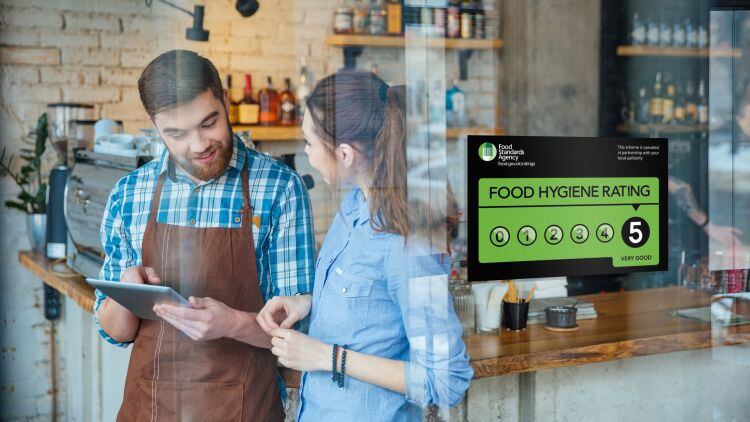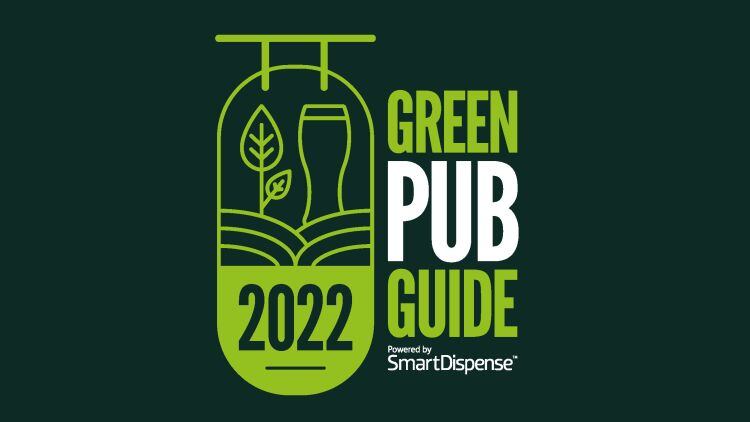The wake-up call follows research from Food Alert and KAM Media into how people’s attitudes have changed since the pandemic. And hospitality operators who fail to maintain high food hygiene standards and cleanliness have been warned they risk their businesses as consumers are less likely to give them a second chance.
In their survey of 500 UK adults, nearly two in three consumers agreed that hospitality hygiene standards had become more important since the pandemic and 69% wanted to see hand sanitising stations become a permanent feature. More than half also wanted hospitality venues to continue to have extreme hygiene measures evident, displayed, and transparent.
Food Hygiene Ratings (FHRs) should be visible in venues, said respondents, with 4 being the minimum standard that was considered acceptable. However, with newly opened venues the majority expected a rating of 5. Some 49% of consumers had a ‘one strike and you’re out’ policy when it came to bad hygiene standards.
Consumers wrongly believed that venues were inspected for food hygiene standards every six weeks on average, yet the reality is that even annual inspections are being delayed.

Food Alert operations director Mike Williams said: “Now that we are emerging from the pandemic and Covid restrictions have been lifted, it’s clear consumer hygiene awareness has heightened and shows no sign of waning. Those venues that can prove they operate the highest levels of hygiene and food safety will be the ones to win trust and enjoy strong relationships with their customers and build sustainable businesses going forward.
“Our research shows that FHRs are decision makers – or breakers – for consumers and getting the scores on the door can be the difference between business success or failure. Operators don’t have to do it alone. External consultants, such as Food Alert, can help businesses nail a 5 star rating on opening and beyond.”
Blake Gladman, strategy & insights director at KAM said: “Covid-19 catapulted hygiene to the top of consumers’ minds. It’s now a key consideration when deciding which venues to visit and where to avoid. This heightened awareness means that consumers are more ‘ratings aware’ and incredibly unforgiving when standards fall; if a venue falls short of a customer’s hygiene expectations just once they risk losing that customer for good. This research shows that there is now no room for error. Venues simply will not prosper if they fail to get the fundamentals right and meet the increased expectations of consumers on food hygiene and cleanliness.”
It was particularly relevant to the 18 to 34-year-old age group where they were 42% more likely to check FHRs when visiting a hospitality venue than those in the 34-plus category. They were 84% more likely to check FHRs when ordering for delivery than those over 34 and they expected hospitality venues to be inspected more than twice as frequently as older consumers.
With this generation more likely to be ‘rating aware’ across various channels, from customer reviews to rating specific dishes, it gave venues an opportunity to use positive FHR scores to drive footfall. When ordering online, from Deliveroo and Just Eat for example, the FHR was more likely to be used as a sorting factor for venues above range of food and drink, delivery times and images of the food.
The independent research commissioned by Food Alert has been published in a white paper, Hygiene Matters – one strike and you’re out, available to download here.




